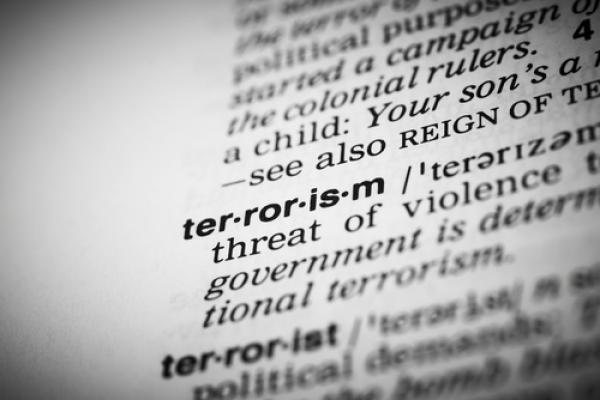Last Saturday Muslims throughout the world celebrated Laylat ul-Qadr, usually translated in English as the Night of Power. It is part of the month of Ramadan and commemorates the night when Allah came to Muhammad with the first revelation of the Qur’an. The Night of Power is based on chapter 97 of Islam’s Holy Book. The Qur’an has 114 chapters, which are generally ordered from longest to shortest. So, chapter 97 is short enough to quote in full here:
In the name of God, the Lord of Mercy, the Giver of Mercy,
We sent it down on the Night of Power. What will explain to you what the Night of Power is? The Night of Power is better than a thousand months; on that night the angels and the Spirit descend again and again with their Lord’s permission on every task; [there is] peace that night until the break of dawn.
Read the Full Article

